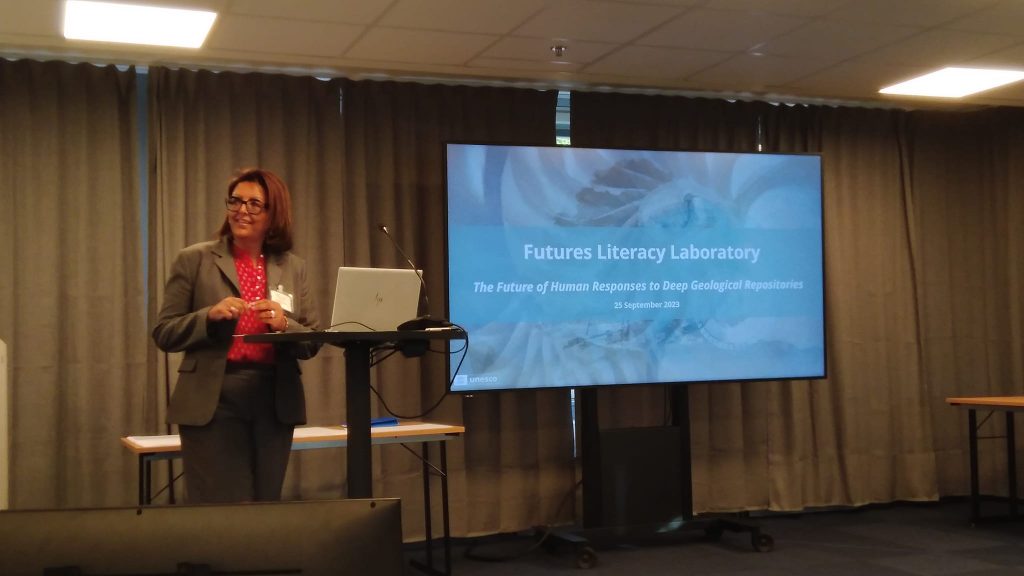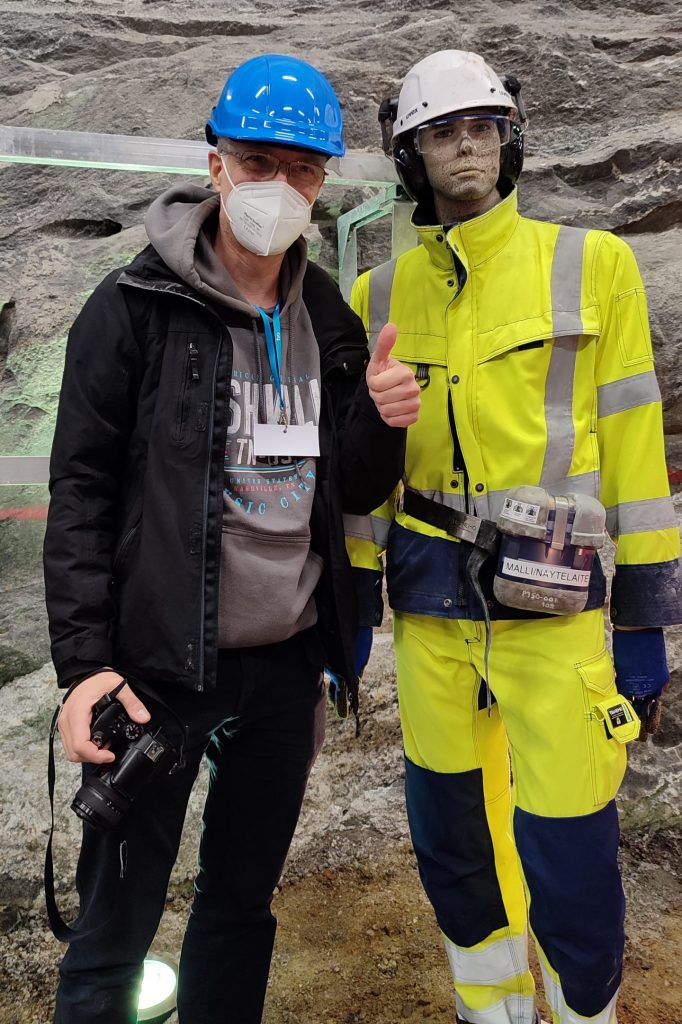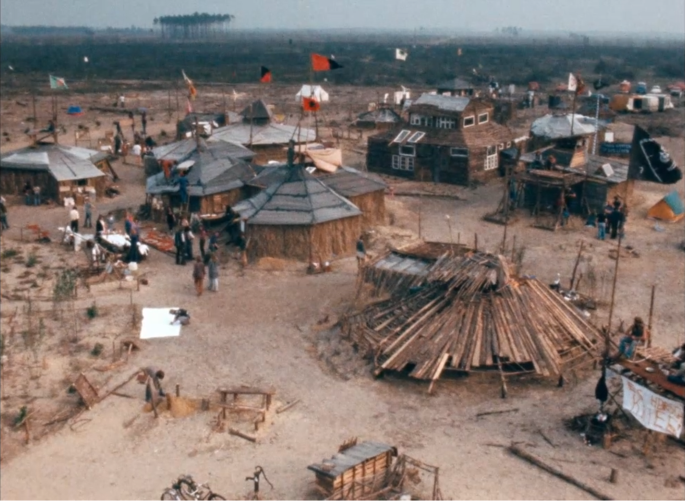Nuclear Waste and Heritage Futures
2024-11-19
Reconsidering the Heritage Future of Nuclear Waste Hazards: A Permanent Legacy
By C. Pescatore, Affiliated Researcher and member of the UNESCO Chair on Heritage Futures at Linnaeus University
The question of “How long and how dangerous is high-level nuclear waste?” is rarely answered in full. Often, people are told that the radiation threat will diminish over time, as many radioactive products decay. While this is true to an extent, it only tells part of the story. The reality is more complex and far-reaching. Spent nuclear fuel is composed of roughly 95% uranium-238 (U-238), an isotope that behaves differently than the remaining 5% components that are much more actively decaying. Although its radioactivity may initially seem insignificant compared to more immediate hazards, over time U-238 will reconstitute its decay chain, leading to a resurgence of radioactive danger.
The radioactivity of U-238 does not simply decrease to insignificance; instead, it eventually increases as it reestablishes its broken decay-family, producing a host of hazardous progeny isotopes. For spent fuel, this increase becomes dominant beyond the one-million-year mark – well beyond the timeframe when many safety analyses have already been concluded. While safety cases often focus on the decay of radioactivity, they overlook the radioactive ingrowth that arises from U-238. This shift challenges conventional thinking and demands a refocusing of our long-term strategies for managing nuclear waste.
The implication is profound: the danger from high-level nuclear waste does not merely fade away. It transforms into a persistent, long-term alpha-, beta- and gamma-radiation hazard that requires sustained vigilance and robust containment strategies far into the future. This enduring risk calls into question assumptions about the timeframe for which safety must be maintained, extending our responsibilities across an almost unimaginable span of time.
Preserving Memory and Heritage for the Far Future
This brings us to the pressing question of heritage, memory, and how we communicate the information about high-level nuclear waste across extended time spans. Ensuring that future societies remember the existence and significance of these waste repositories requires a robust effort to preserve records, knowledge, and memory (RK&M).
One promising approach is the use of millennial time capsules strategically placed within or near repositories. These capsules can carry messages, warnings, and cultural artifacts that bridge the gap between our time and a distant future. Some capsules could be constructed from the same materials as the waste containers and placed within the repository to offer a final, deeply embedded source of knowledge that future discoverers might encounter, potentially guiding their understanding and actions.
Near-surface capsules could further engage communities through rituals of memory preservation and periodic inspections, creating cultural continuity and reinforcing the message of caution. Historical examples like the Osaka Castle Dual Time Capsule illustrate how science and cultural heritage can blend to transmit knowledge across generations.

Photo: Osaka Time capsule monument, Wikipedia, 12 februari 2012 https://fr.m.wikipedia.org/wiki/Fichier:Osaka_Time_Capsule.jpg
However, even with the best physical and cultural tools at our disposal, the fundamental question remains: How do we effectively communicate the danger posed by these wastes across millennia? Symbols, language, stories, and rituals may change, but the risk endures. Preserving memory is not just a technical challenge; it is a societal one, requiring us to create a living “heritage future” of caution, awareness, and responsibility – one that future generations can draw upon to protect themselves from the enduring radiation hazard that lies beneath.
Further reading
Research into time capsules was suggested to the Swedish Government in this 2016 report by Pescatore available online at: https://www.sou.gov.se/contentassets/9ffa0b1ff6954c58ba9e0dd8db733ffc/report_pescatore_10_nov_2016.pdf
A November-2024 technical paper by Pescatore deals with the long-term intrinsic radiation hazards of high-level nuclear wastes: http://www.nukleonika.pl/www/back/full/vol69_2024/v69n4p215f.pdf

Claudio Pescatore is affiliated researcher and member of the UNESCO Chair on Heritage Futures at Linnaeus University.










[…] The new funding for this and a number of additional smaller projects, means that the Climate Heritage Network is…
[…] Chair on Heritage Futures « Culture, cultural heritage and COP26 […]
[…] mer på Unescoprofessurens blogg http://blogg.lnu.se/unesco/?p=1061 Besök Öland 2050! […]